When Malcolm Yeung interviewed for the executive director post at Chinatown Community Development Center, COVID-19 was still on the horizon. "By January 2020, it was becoming clear we were on the precipice of something very monumental," he says. "I don’t think it quite hit home as to how monumental."
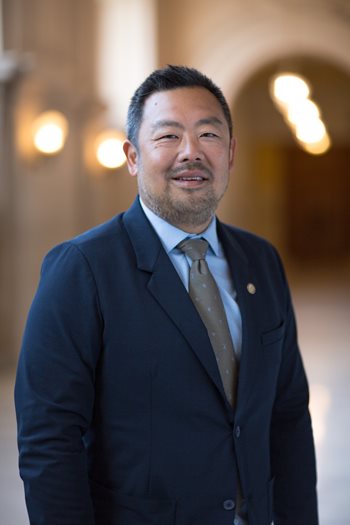 In San Francisco's Chinatown, businesses emptied. Xenophobia heightened. Yeung worked to help community members keep businesses running, while researching where to find everything from personal protective equipment to toilet paper.
In San Francisco's Chinatown, businesses emptied. Xenophobia heightened. Yeung worked to help community members keep businesses running, while researching where to find everything from personal protective equipment to toilet paper.
"Before he officially took the helm as newly appointed executive director, Malcolm was already faced with huge problems when San Francisco's shelter-in-place order was invoked," recalls Jane Chin, Chinatown CDC board member. “He showed tremendous leadership by rallying the staff to recognize and address the Single Room Occupancy’s food safety issues that arise from shared kitchens." The Feed & Fuel Chinatown program included contracting with restaurants that, without customers, were facing economic disaster.
"The way that program was successful had a lot to do with the way he communicated it," Chin says. "It was his way of understanding the problem. We were able to get it up and running in three weeks. It takes a real leader to do that."
Yeung officially became executive director of Chinatown CDC on April 10, 2020. If you’d asked, when he was a kid, what field he'd end up in, he wouldn’t have said housing and community development. "No sixth grader would," he laughs. (In fact, as sixth grader, Yeung had been fascinated with Wall Street.)
In college, he studied pre-med. But the electives he took, particularly those in Asian American studies,
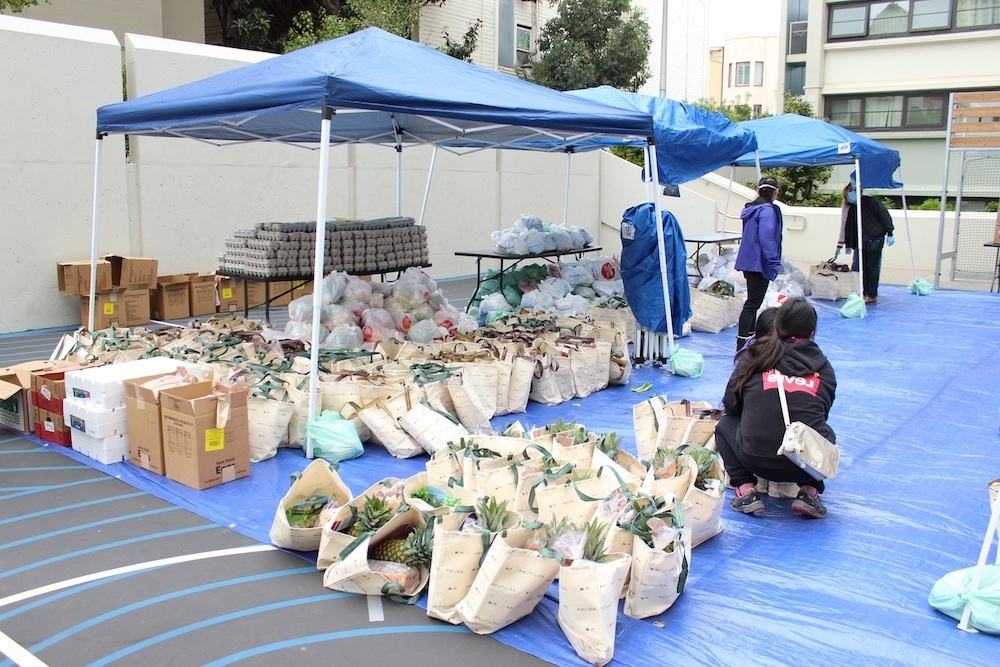
He remembers seeing Sixteen Candles, a John Hughes film featuring an Asian actor, Gedde Watanabe, in a rare pop-culture role. The character, foreign exchange student Long Duk Dong, seemed to embody every stereotype, Yeung says. "I remember how much my classmates imitated him and reflected it back to me." He was uncomfortable and angry, he says. At the same time, he began to understand the Asian American experience. "I saw the institutional racism, but I could also see the contributions Asian Americans had made. It helped create a sense of rootedness: We do belong here. We are American."
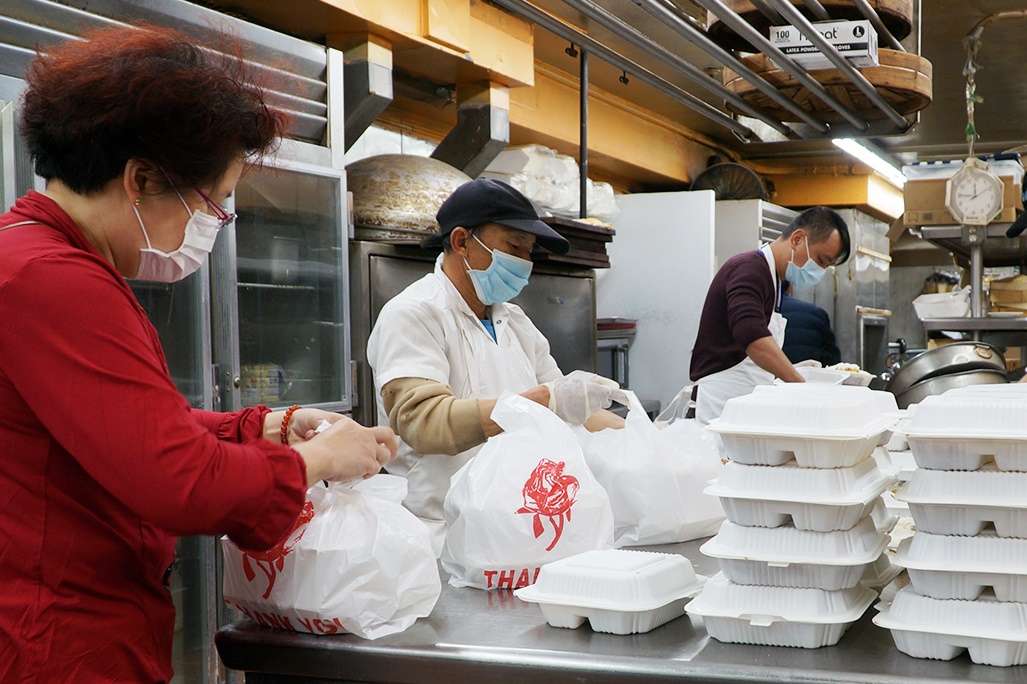
Next came Berkeley Law, a sort of "negotiated peace settlement with my parents" after leaving the medical field behind. While there, he attended a talk by a panel of Asian American and Pacific Islander (AAPI) civil rights attorneys, including Dale Minami, a legal legend known for taking on the redress case of Fred Korematsu, who had been convicted for challenging the internment of Japanese Americans. “Sometimes, you see people and hear people and say, 'I think I need to be that person,'" Yeung says. He became a law clerk at the Asian Law Caucus, a legal service organization founded by Minami. During his orientation, he and the other clerks were sent to San Francisco's Chinatown. They met in Portsmouth Square and were greeted by a long-haired reverend "who was the most energetic person I’d ever met." That person was the Rev. Norman Fong, who later became executive director of Chinatown CDC.
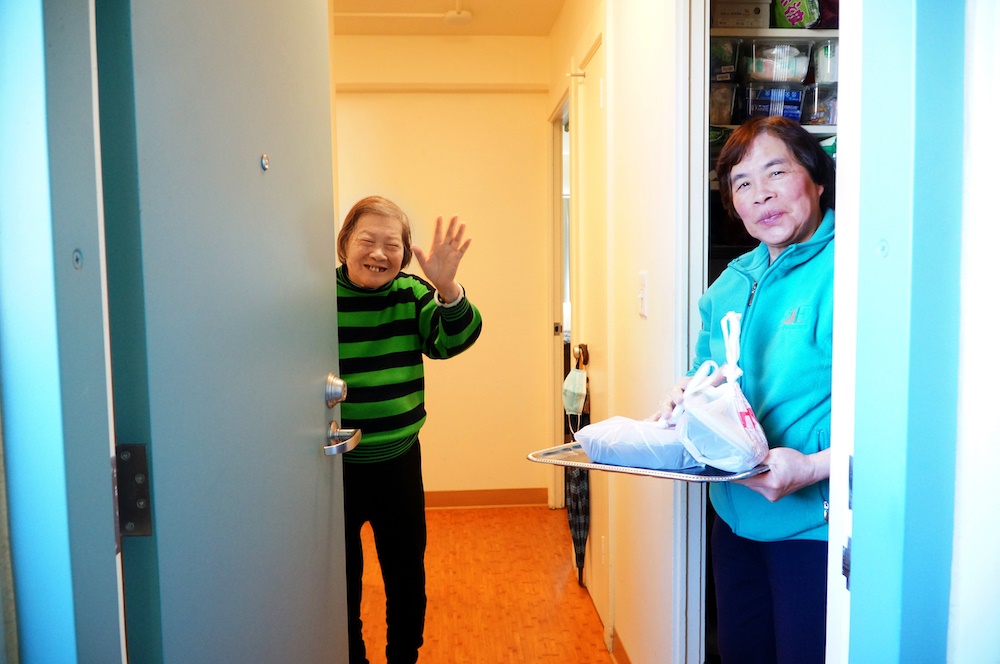
"You could feel the love of this community spilling out of Norman," Yeung recalls. "The way he talked about Chinatown as a platform for generations of new immigrants, the way he talked about and pointed out how this has been struggled over, organized over, advocated over." The next generation needed to protect it, Fong said. "In that moment, it instantaneously hit me," Yeung says. "My future was going to be tied to this community."
When he graduated, Yeung took a law position working for tenants' rights. He learned his clients' stories and worked alongside community organizers, exploring legal cases that would inform larger cases and campaigns around policy reform. One case, he recalls, was a mass eviction case in a building populated by seniors and families. The seniors were offered additional benefits to relocate; families were not.
Yeung says the seniors were adamant that the package be for everybody. "That kind of solidarity just blew me away," he says. The case ended in a negotiated settlement for another organization to acquire the building and convert it into a limited equity housing cooperative. Chinatown CDC was the organization providing construction management for the project. "It opened my eyes to the fact that you can literally build community – not just figuratively – through the affordable housing process," Yeung says.
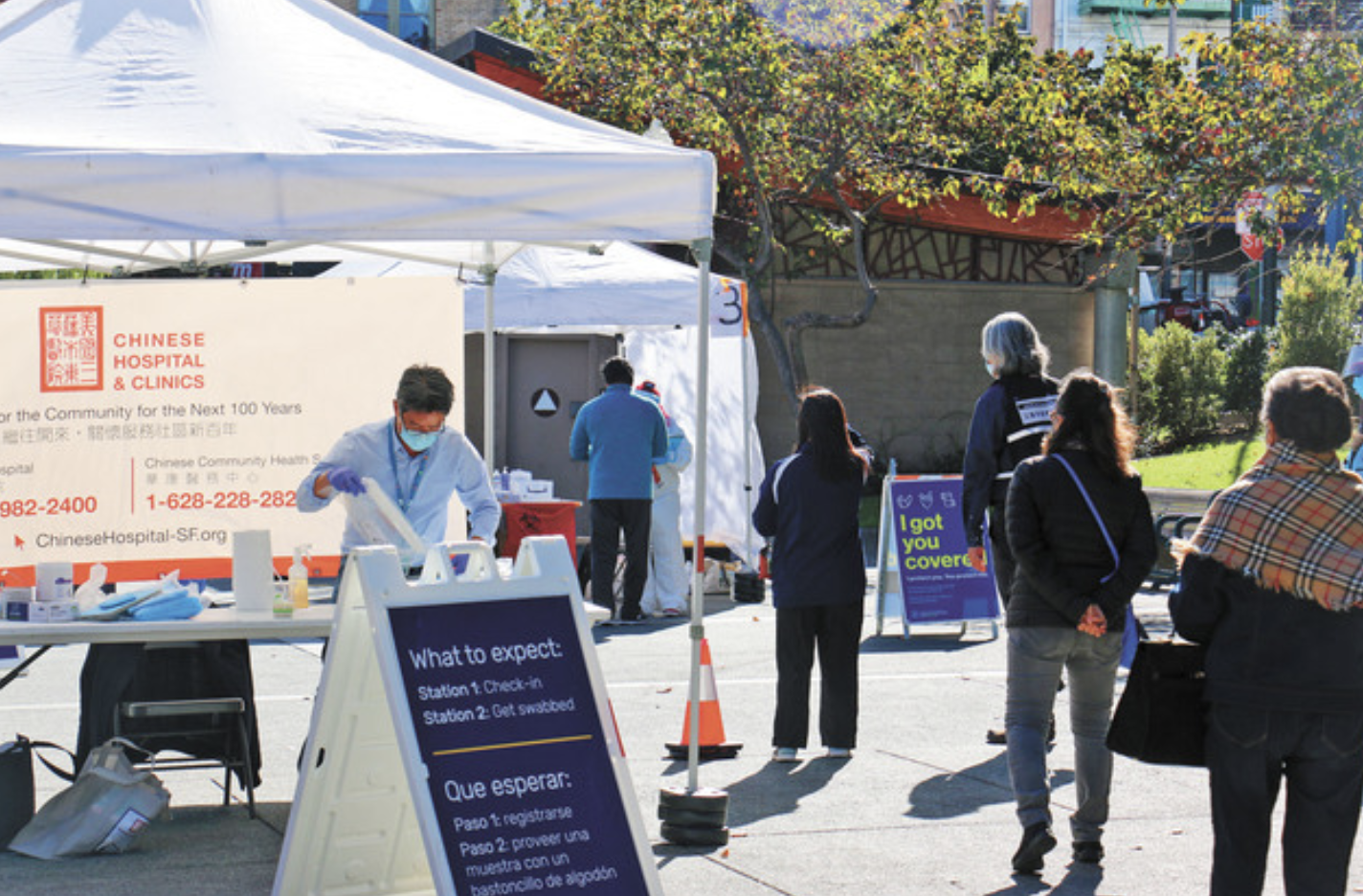
The case cemented his journey into housing and community development and to Chinatown CDC, he says. He took a year to launch housing programs for Mayor Edwin M. Lee, San Francisco’s first Asian American mayor, then returned to the nonprofit. At Chinatown CDC, he was home.

